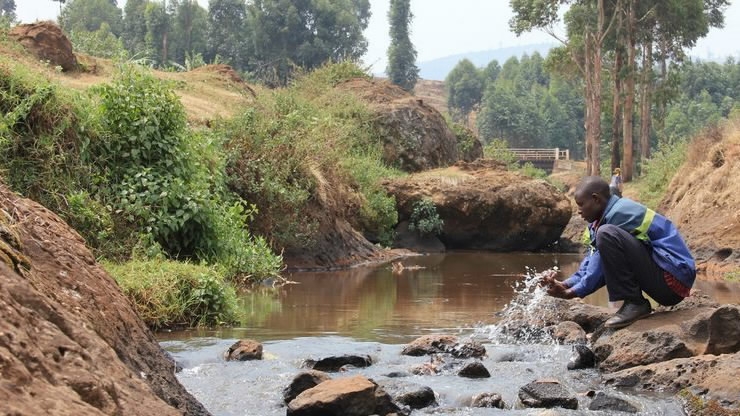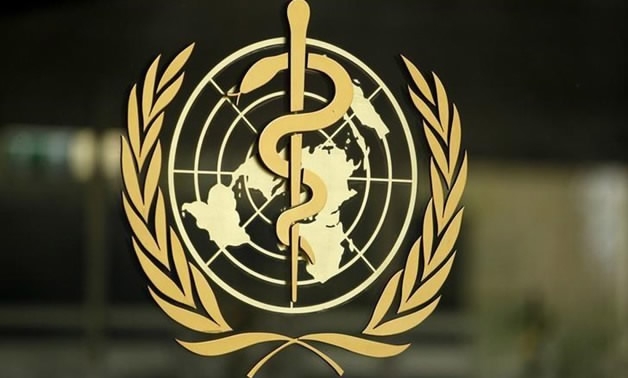
Health
12:00, 21-Oct-2017
WHO working to contain rare virus of same Ebola family on Uganda-Kenya border

The World Health Organization (WHO) said on Friday that it's working to contain a severe and highly fatal virus of the same family as the Ebola virus in eastern Uganda on the border with Kenya.
Marburg virus disease (MVD) is a rare disease with a high mortality rate for which there is no specific treatment. It's among the most virulent pathogens known to infect humans, with sudden symptom onset marked by fever, chills, headache, and myalgia.
Although MVD is rare, it can result in large outbreaks with high case fatality rates, and is transmitted by direct contact with the blood, body fluids and tissues of infected persons or wild animals
The WHO said at least one person had been confirmed to have died of MVD, while several hundred may have been exposed to the virus at health facilities and at traditional burial ceremonies in Kween District, a mountainous area 300 km northeast of Kampala, the capital and largest city of Uganda.

The World Health Organization (WHO) logo is pictured at the entrance of its headquarters in Geneva, January 25, 2015. /Reuters Photo
The World Health Organization (WHO) logo is pictured at the entrance of its headquarters in Geneva, January 25, 2015. /Reuters Photo
The first case, detected on October 17, was a 50-year-old woman who died at a health center of fever, bleeding, vomiting and diarrhea on October 11. Laboratory testing at the Uganda Virus Research Institute confirmed the cause of death as the MVD.
The woman's brother had also died of similar symptoms three weeks earlier, and was buried at a traditional funeral. He worked as a game hunter and lived near a cave inhabited by Rousettus bats, which are natural hosts of the Marburg virus.
The WHO said one suspected and one probable case are being investigated and provided with medical care. An active search for people who may have been exposed to or infected by the virus is underway.
Local health authorities have sent a rapid response team to the area with support from the WHO and partners in disease control and prevention.
In addition to medical supplies and guidance on safe and dignified burials, the WHO has also released 500,000 US dollars from its Contingency Fund for Emergencies to finance immediate response activities.
Uganda has previously managed Ebola and Marburg outbreaks, but international support is urgently required to scale up the response, as the overall risk of national and regional spread of this epidemic-prone disease is high, said Ibrahima-Soce Fall, WHO Regional Emergency Director for the African region.
9205km
Source(s): Xinhua News Agency

SITEMAP
Copyright © 2018 CGTN. Beijing ICP prepared NO.16065310-3
Copyright © 2018 CGTN. Beijing ICP prepared NO.16065310-3